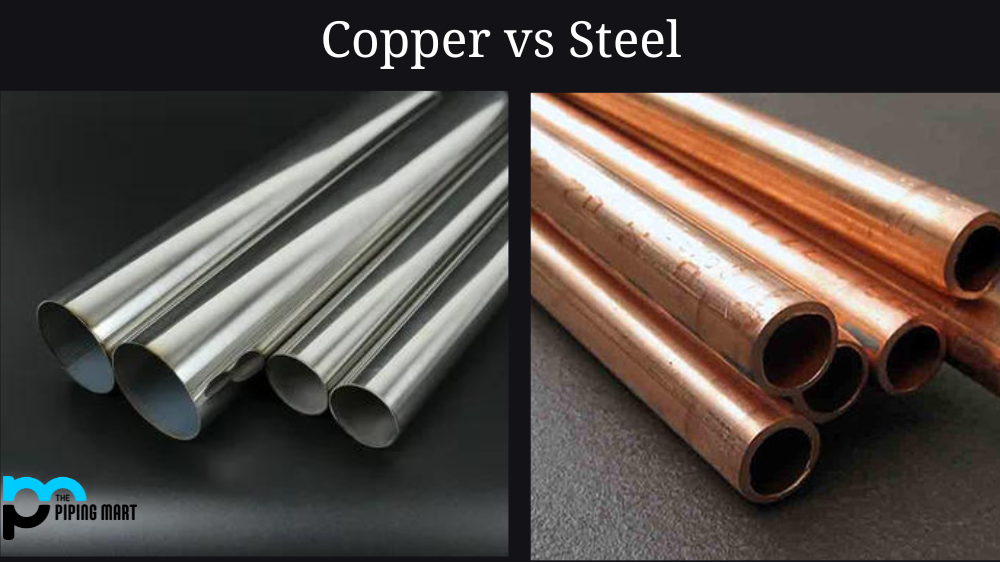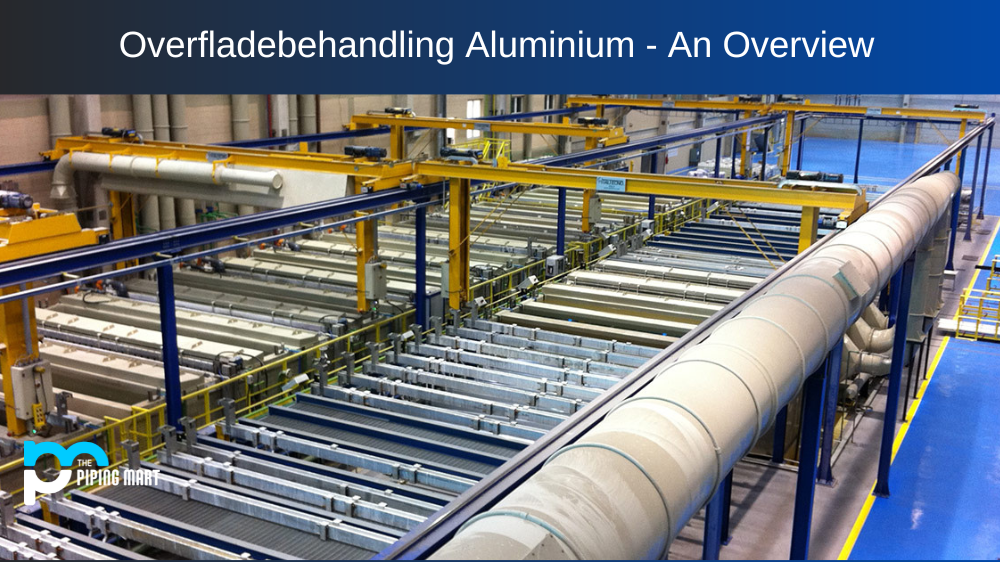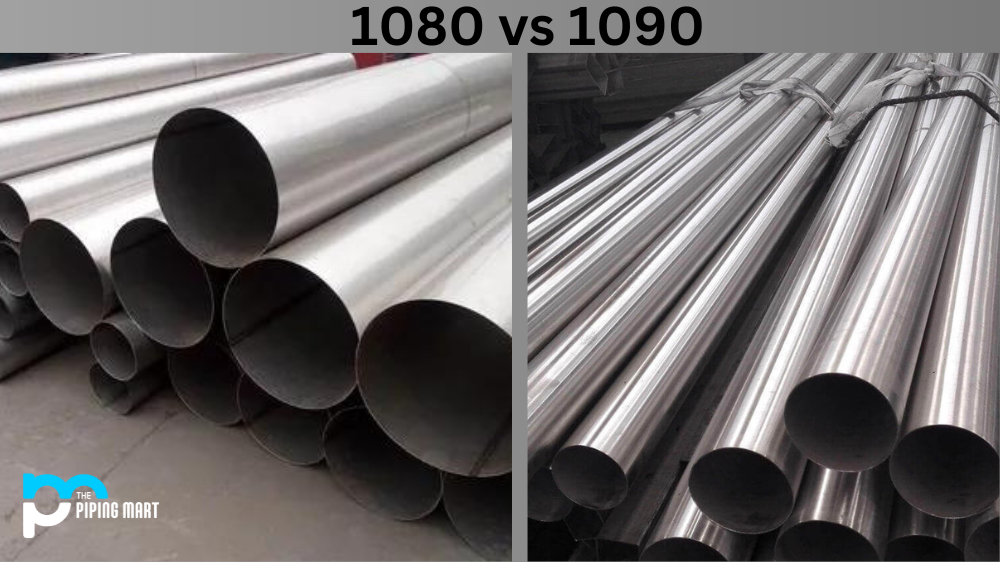Copper and steel are the most popular materials used in construction, manufacturing, and other industries. The right choice depends on your specific needs and the application in which you’re using the material. Let’s look at some of the differences between copper and steel.
Strength & Durability
Steel is much stronger than copper, which makes it ideal for applications that involve heavy loads or require more strength. Steel also has greater tensile strength than copper, making it resistant to bending or breaking under pressure. In comparison, copper is more ductile and malleable and can be turned into different shapes without breaking. This makes it a great option for applications requiring intricate designs or components that can be manipulated easily.
Cost & Affordability
When comparing materials based on cost alone, steel almost always wins out, as it is significantly cheaper than copper in most cases. However, this will depend on the grade of steel you choose; higher-grade steels may be more expensive than certain grades of copper. Additionally, when you factor in maintenance costs over time (such as regular painting or rust-proofing with steel), owning a steel product is higher than having a product made from copper due to its natural corrosion resistance properties.
Corrosion Resistance
Copper is naturally corrosion-resistant due to its oxide layer that forms when exposed to air or water. This layer helps protect against further corrosion while offering an attractive finish that can last many years without additional maintenance or treatments. Steel also offers some corrosion resistance but only when coated with protective layers such as paint, galvanizing, or zinc plating—and even then, it may still corrode if exposed to harsh elements over time.
Copper is a Better Conductor of Electricity
One of the primary advantages of copper over steel is that it is a better conductor of electricity. This means copper can be used in electrical applications where steel is unsuitable. For example, copper is often used in electrical wiring due to its superior conductivity.
Copper is More Durable than Steel
Another advantage of copper over steel is that it is more durable. This means that copper will last longer than steel in applications where durability is important. For example, copper pipes are often used in plumbing applications because they are less likely to corrode than steel pipes.
Copper Has a Lower Melting Point than Steel
Another advantage of copper over steel is its lower melting point. This means that copper can be used in applications where steel would melt. For example, copper can be used in electrical applications where the heat would melt steel.
Copper Is More Corrosion Resistant than Steel
Another advantage of copper over steel is that it is more corrosion-resistant. This means that copper will not rust as easily as steel. For example, copper pipes are often used in plumbing applications because they are less likely to corrode than steel pipes.
Copper Is Non-Magnetic
Another advantage of copper over steel is that it is non-magnetic. This means that it will not be attracted to magnets like steel will. This can be important in applications where magnets are present, such as in electrical motors.
Conclusion:
When deciding between copper and steel for your application needs, consider all factors, including strength & durability, cost & affordability, and corrosion resistance, before making your decision. Depending on what you need from each material—maximum strength or affordability—either one could make a great choice for your project! Ultimately, both materials offer unique benefits, so you’ll have to weigh all your options before committing to either one to ensure you get the best possible outcome for your investment!

Abhishek is a seasoned blogger and industry expert, sharing his insights and knowledge on various topics. With his research, Abhishek offers valuable insights and tips for professionals and enthusiasts. Follow him for expert advice on the latest trends and developments in the metal industry.




